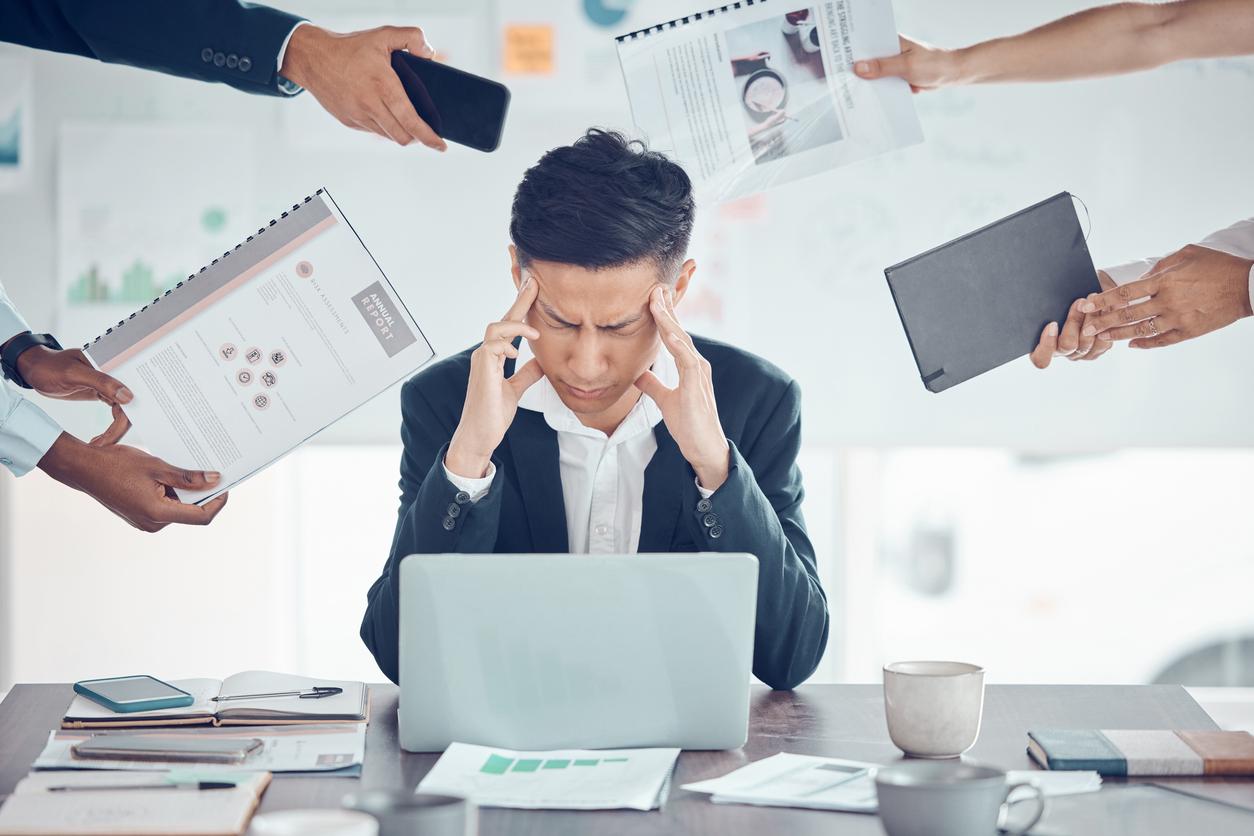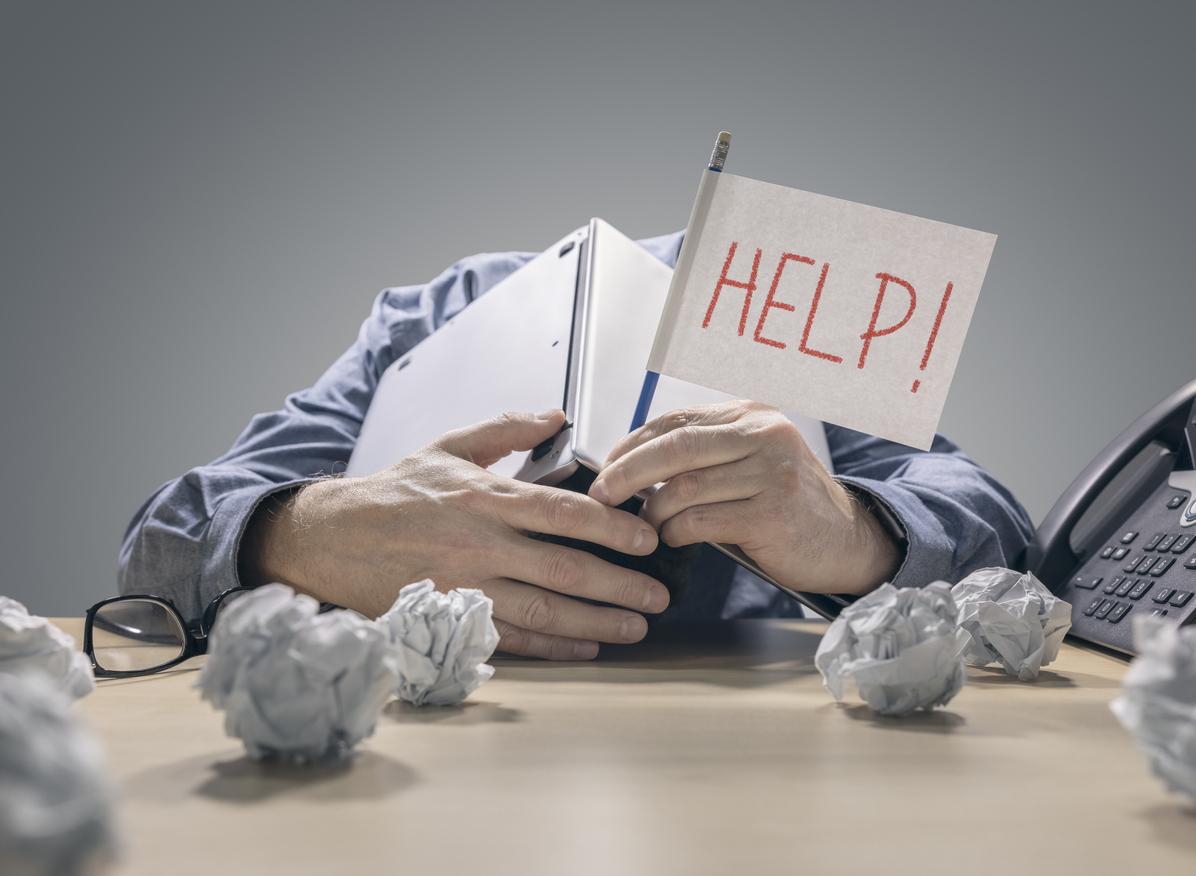
Relaxing through movement
Many people experience enormous pressure, are continuously overstimulated by social media and the smartphone and prefer not to miss anything fun. It is not surprising that the number of burnouts is increasing rapidly. What can we do to better deal with stress and thus prevent burnout? Health net asked the psychomotor therapist Niels Goudswaard of Vitaalpunt.
More and more people are getting burnout these days. According to Niels, this has various causes. ‘First of all, we are putting more and more pressure on ourselves. From primary school, we are already judged on our performance: everything is made measurable, we sit in class with the same peers, while everyone develops at a different pace. You can also see this in high school and in college. Students are also increasingly stressed, which can manifest itself in physical complaints and psychological disorders, such as depression or anxiety disorders.
Second, we receive an enormous amount of stimuli. Among other things, via the smartphone, which emits blue light, which makes your brain think in the evening that it is the middle of the day. And because of the TV, which can show fast and intense images and which we switch on when we are actually tired. It seems quiet, but the brain is at work. Nowadays we also have continuous reach of social media, while we used to let our daily rhythm be determined by the rising and setting of the sun. There is a multitude of incentives and it is important to regulate them.’ He gives five useful tips to prevent burnout:
1. Limit yourself
‘We suffer a lot from FOMO (Fear of Missing Out). This is because our social brain has become more developed over the past thousands of years. There used to be a fear of tigers, which has turned into a fear of being rejected from the group. If you are not in contact with someone for a while, your social brain gives a signal, which makes you pick up the phone. In the past you would send a letter and that would take two days until you heard something. Now you can continuously check via social media whether you are in contact with someone and still belong to the group. If you’re not paying attention, you’ll be holding your phone for half the day. So you have to regulate that yourself.’
2. Recognize that your body has a biorhythm
‘Life runs according to a circadian rhythm: a biological rhythm that consists of a 24-hour cycle and that also needs its moments of rest during the day to remain in balance. Recognize that the body has a biorhythm: it is not good to just keep going. Keep a relatively fixed day-night rhythm with more or less fixed times for breakfast, lunch and dinner. Take regular rest moments and move to relax and discharge.’
3. Realize that stress is a perception of the situation
‘It is important to realize that stress is a perception of the situation. The brain and body interpret the situation, of which stress is the result. Three things that come into play are your thoughts about the situation (positive or negative), pattern recognition – do you think you recognize the situation? – and the degree of tension in your body. Negative thoughts create a negative experience, but you can learn to dwell on them. So try to think, “Is this thought true and does it help me?” Often the thought is only partly true, and then it can help to formulate a positive thought.
The degree of tension in your system also affects your perception. For example, if you’re stressed and someone suddenly enters the room, you’re more likely to be startled than if you just feel calm. So the amount of voltage in your system influences the situation. So by not letting your tension get too high, you also influence your perception.’
4. Relax and do fun things
‘It is especially important not to just keep going, but also to regularly ‘check in’ with yourself during the day and to calm yourself down by taking a conscious deep breath every now and then. It also helps to exercise regularly and to relax by doing fun things. Doing relaxation exercises or activities, such as yoga and mindfulness, can also help you to relax more.’
5. Eat healthy: it affects psychological complaints
‘More is now also known about the influence of your intestinal system on your well-being. This is related, among other things, to the sympathetic and parasympathetic nervous system. The sympathetic nervous system activates your heartbeat, provides muscle tension and increases breathing. The parasympathetic nervous system provides rest and recovery. If you need a lot of energy in stressful situations, recovery is pushed aside. That is why many people who are under stress suffer from intestinal complaints, which can lead to constipation in the longer term, for example.
In addition, more links have been found between poor nutrition, such as fast food, and psychological complaints. So you can also influence your psychological well-being by eating regularly and healthily!’
Niels Goudswaard is a psychosomatic physiotherapist and psychomotor therapist at Vital point. Vitaalpunt is a treatment center that provides psychological care to people with complex physical and psychological complaints, such as depression and anxiety disorders. In addition to psychological counseling, exercise and lifestyle play an important role at Vitaalpunt in the treatment of these complaints.














